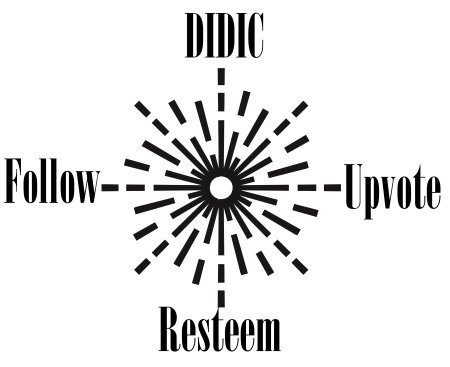Addressing people in the ways they want to be addressed is one of those things that should be simple and easy, and yet people behave as if it is the greatest hardship. Let's talk about it. This is Allyship Sunday.

I am a cis man. My short "about" here in Steemit is "He/Him. Writer. Translator. Editor. Publisher." Why do I point out my pronouns? Several reasons. One reason is clarity. You can't get them wrong by accident if you know what they are, and here they are, easy to find.
But a more important reason is about defaults. "He/Him" and "She/Her" have been the defaults for a long time now. And in many circumstances, it's only been "He/Him." But defaults are bullshit. Default create the false narrative that there is one "normal" way to be, and other abnormal ways. It's the same as the awful use of "skin tone" to denote a specific color, one that is certainly not the tone of skin of all - or even most - people.

Image credit: Kira auf der Heide on Unsplash
Being the default is easy. It doesn't - one always has to mention this pre-emptively - means that everything in one's life is easy. But it does mean the aspects of life where you are the default are easy. This is why people don't want to give up being the default.
But when being the default is easy, that makes being the exception difficult. If only people with pronouns such as "they" or "zie" have to state their pronouns, that makes them the exception. And why should they be? Because that's easy for the "default."
I'm not going to get into the long, long history of using Singular They in the English language. You can look it up. It's been around long before non-binary people took it up as one of the ways they wish to be addressed. Other terms are newer, but just as valid.
It's easy to be the default. It's hard to give up having something be easy. But that's one of the things allies must do. We make a thing a little less easy for ourselves, to make it much easier for people whose identities are marginalized by society, to help pave the way for those identities to not be marginalized. It genuinely is that simple.



"We make a thing a little less easy for ourselves, to make it much easier for people whose identities are marginalized by society, to help pave the way for those identities to not be marginalized."
So true. I have to remind myself that what is slightly uncomfortable for me to say can possibly change the social temperature in the room. "They" or "she" can be difficult pronouns to adopt but when used, can make others in the room feel like they can relax a little and breathe. Thanks for always being introspective in your work!